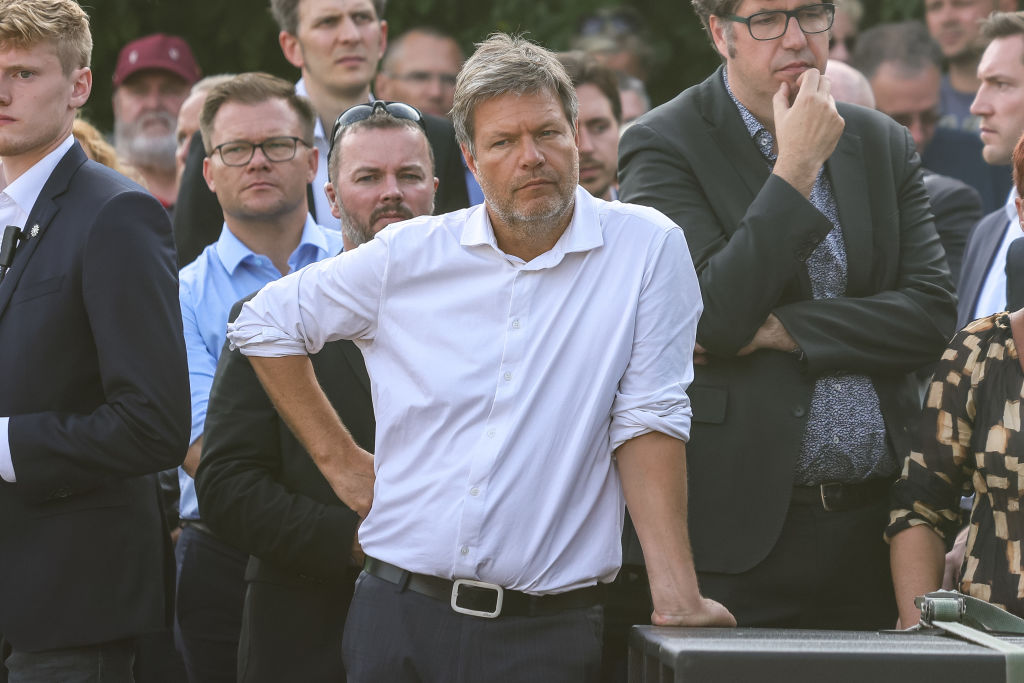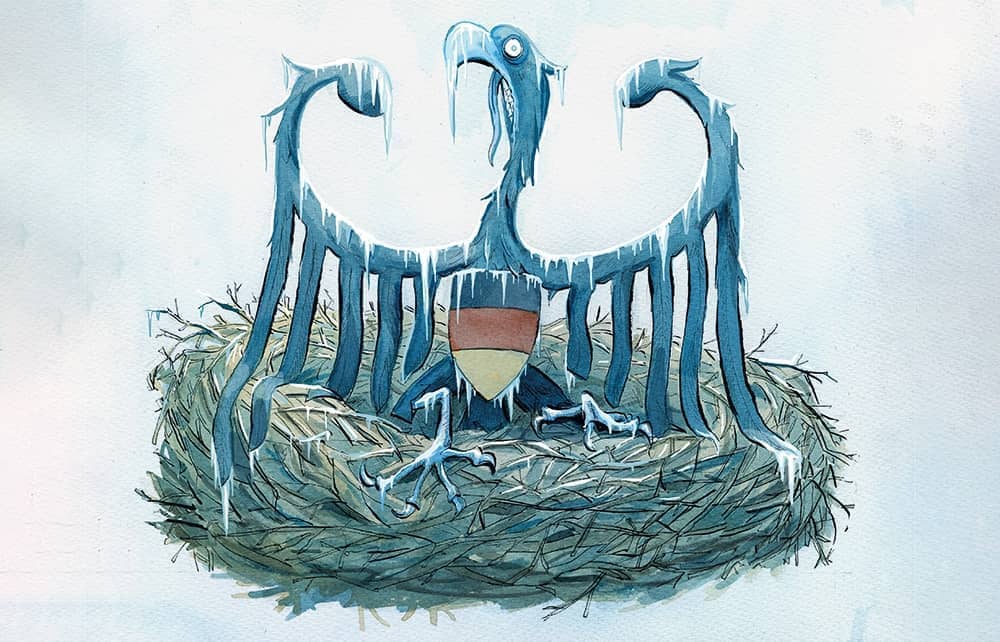Russia has a long history of using the cold to defeat Europe. The winter of 1812 arrested Napoleon’s special military operation. Hitler’s troops hit the deep-freeze outside the gates of Moscow in December 1941. Now Vladimir Putin has the option to turn off the gas sent to Europe – a strategy against which Germany appears to have no defence.
Gazprom, the monopoly supplier of piped Russian gas, has been giving Germany a taste of what life might be like, should Moscow play nasty. It recently halved the amount of gas sent through the Nord Stream 1 pipeline, using bogus technical excuses. Germany, which still relies on Russia for more than a third of its gas, is now realising it may have to cope with a total gas embargo – and a cold winter. Last week its gas risk level was raised to stage two, a state of ‘alarm’.
Putin may keep the gas flowing at a reduced volume. But what if he cuts Germany off altogether? To say that Germany has made itself reliant on Russian gas doesn’t quite capture the enormity of what is going on. Germans need Russian gas to heat their homes. The country’s heavy industry depends on Russian hydrocarbons. According to Robert Habeck, the German economy minister, any sudden stop in Russian gas flows would trigger a domino effect: an economic crisis which he compares to the 2008 collapse of Lehman Brothers.

Habeck is also Olaf Scholz’s deputy chancellor and the Green party’s most senior representative in the German government. He has been quite emphatic about how vulnerable his country is to Putin turning off the taps. ‘Companies would have to stop production, lay off their workers, supply chains would collapse, people would go into debt to pay their heating bills and people would become poorer,’ he said last week.








Comments
Join the debate for just £1 a month
Be part of the conversation with other Spectator readers by getting your first three months for £3.
UNLOCK ACCESS Just £1 a monthAlready a subscriber? Log in